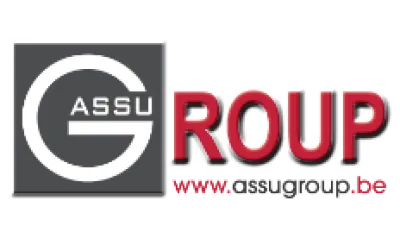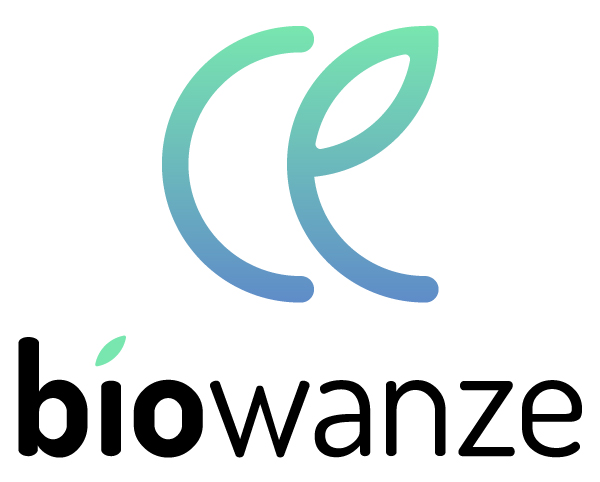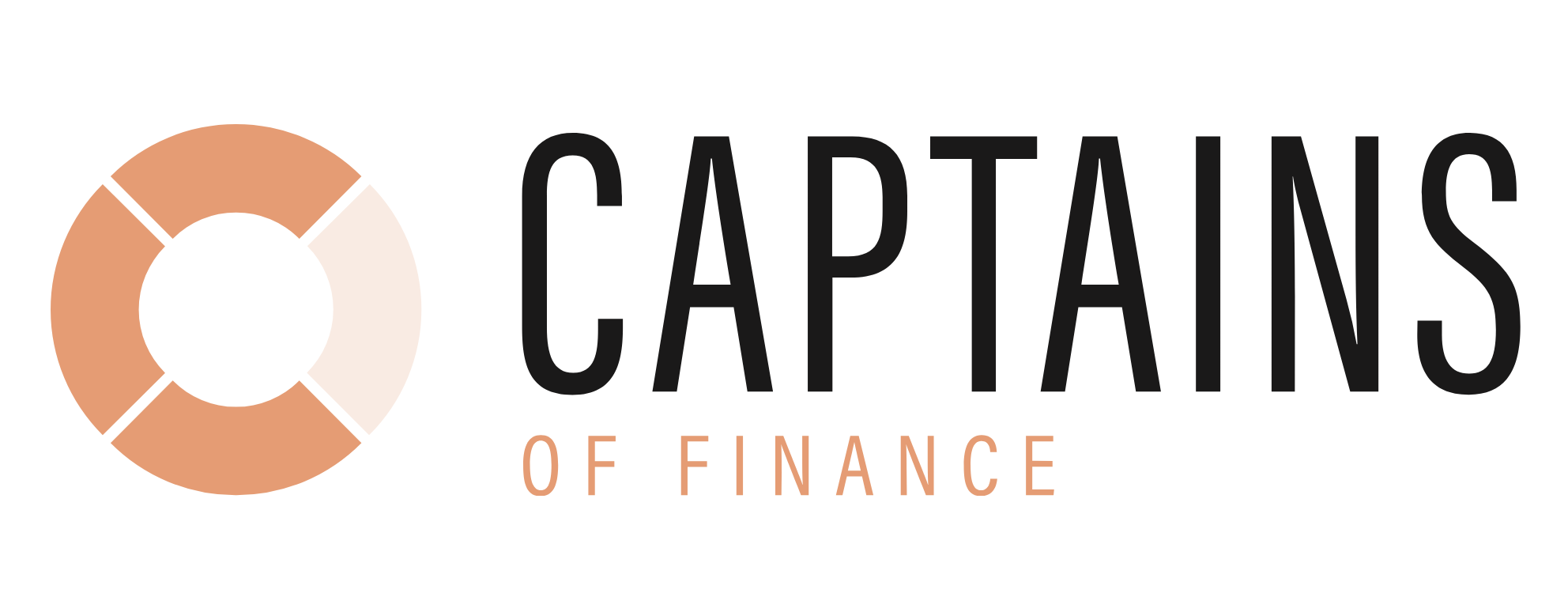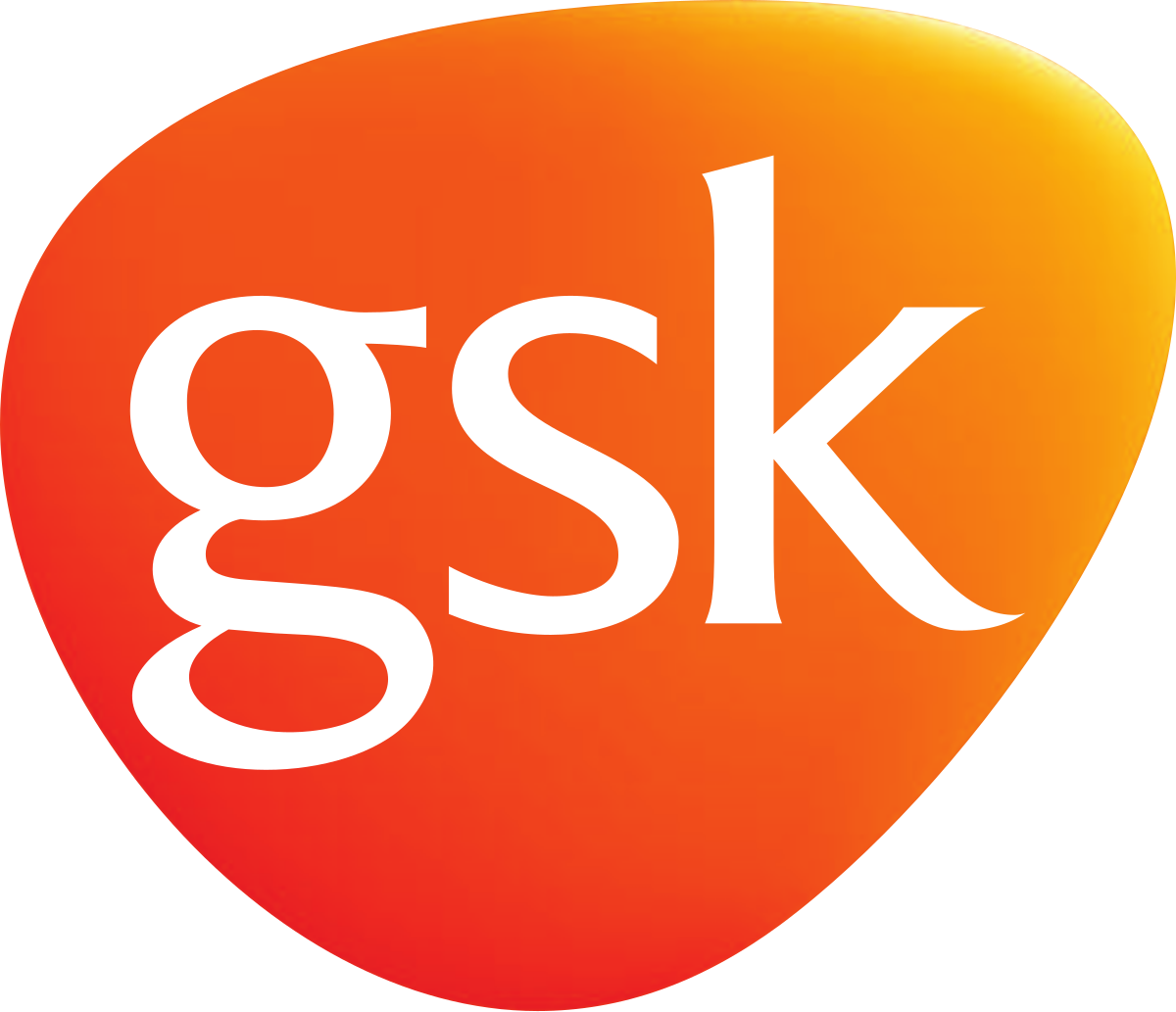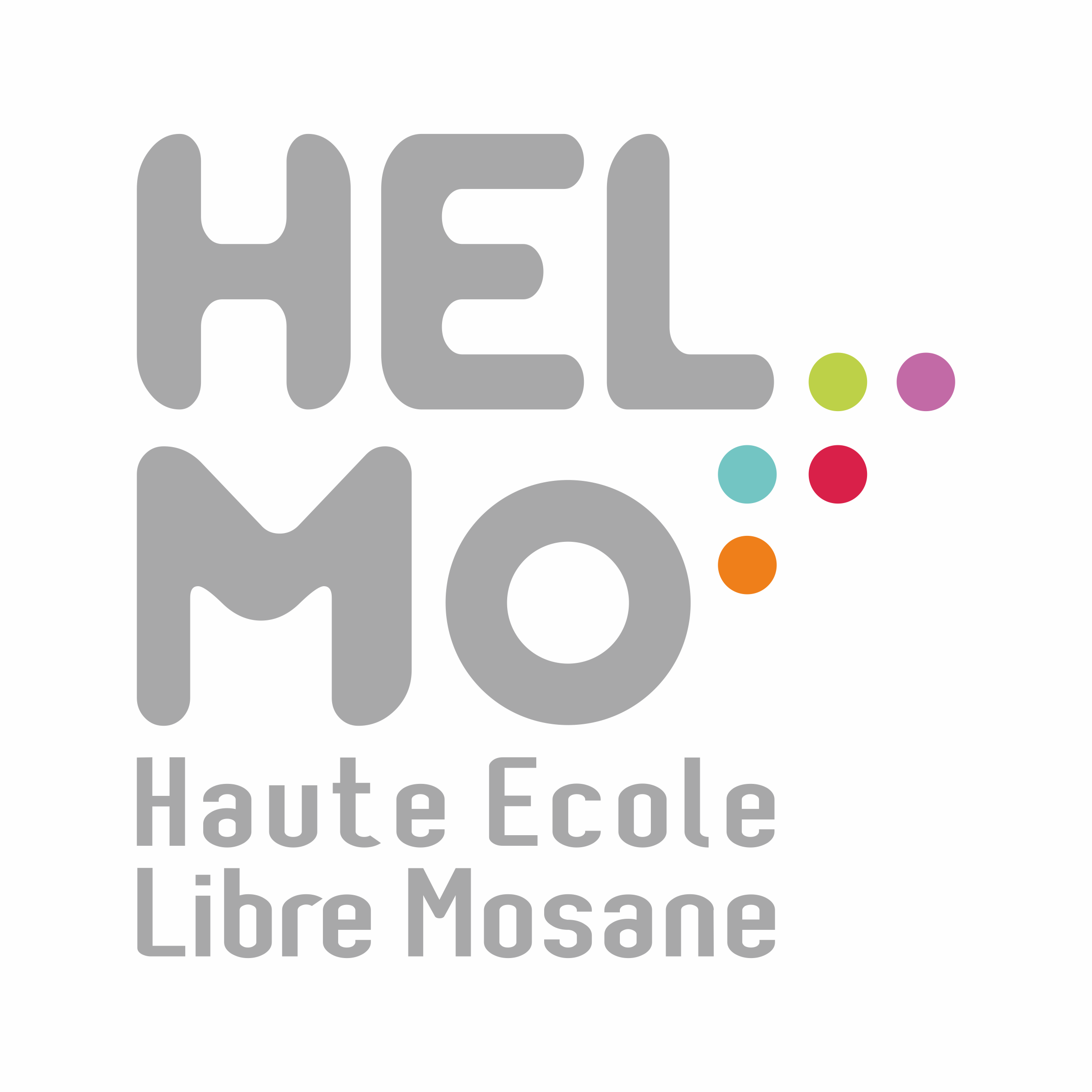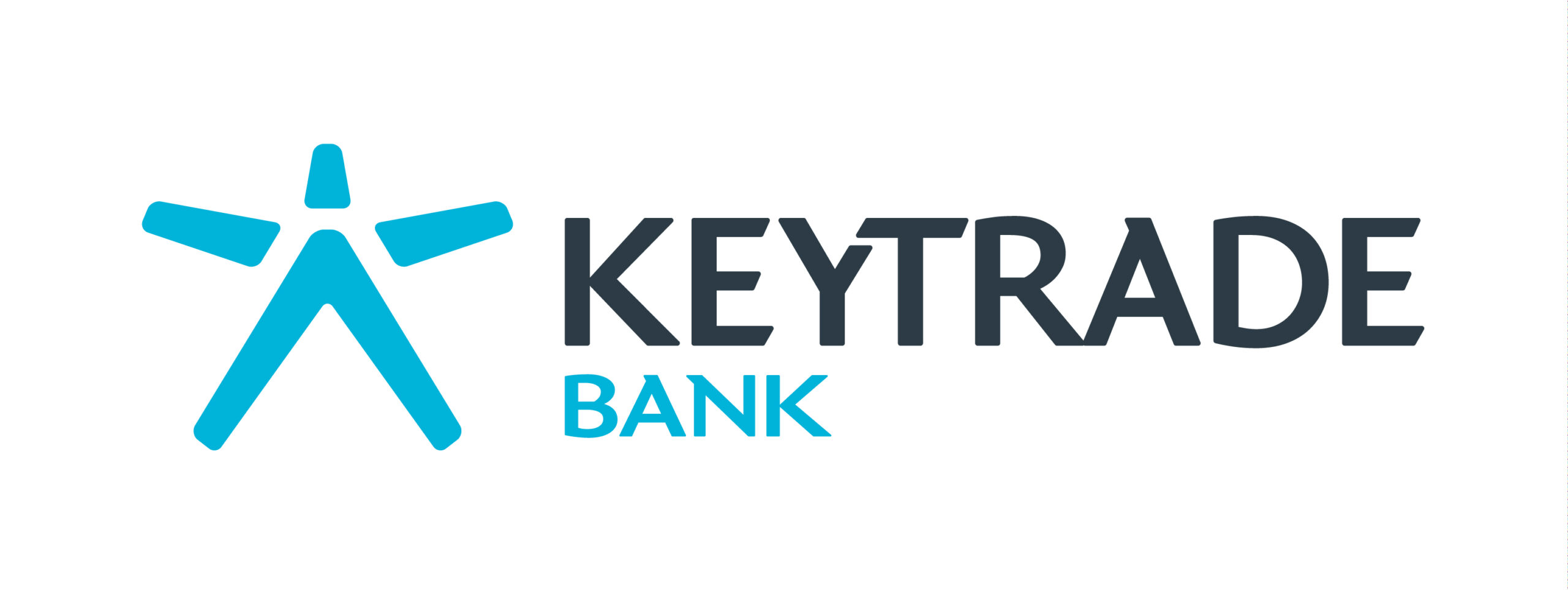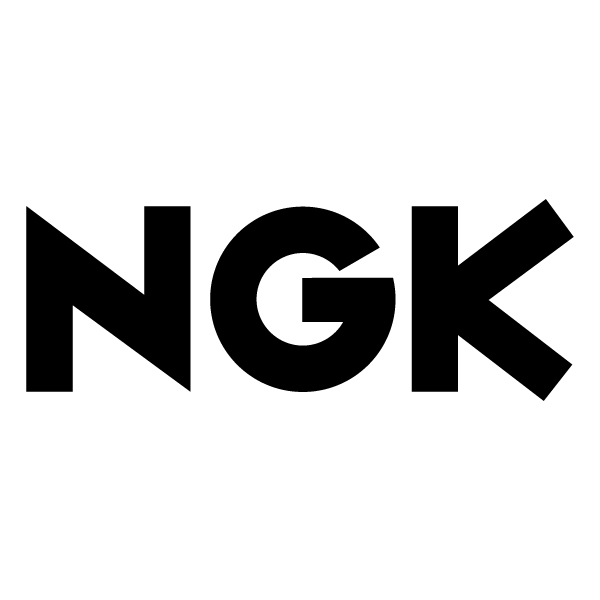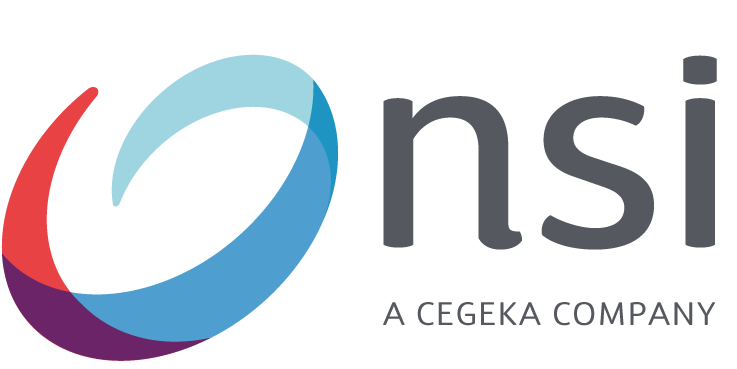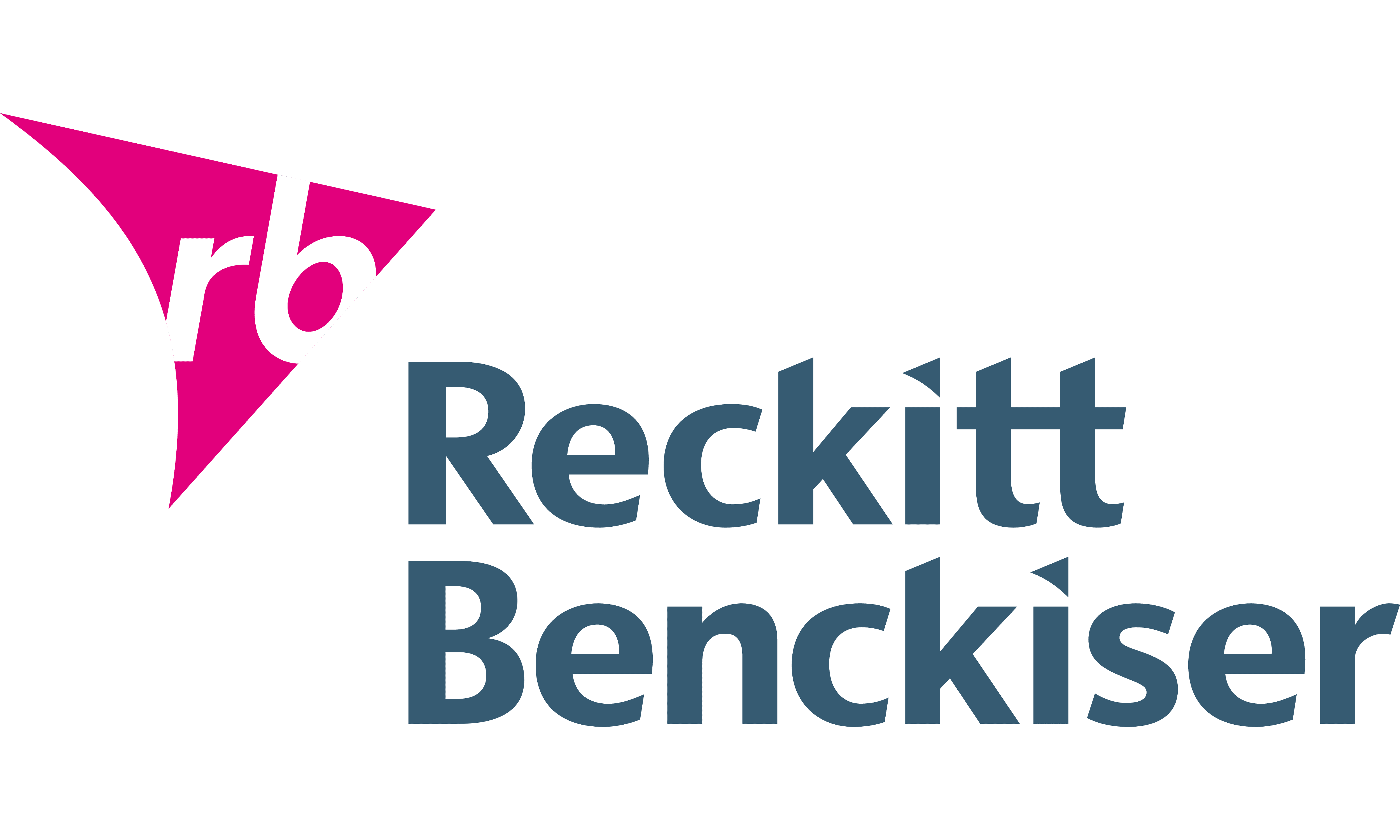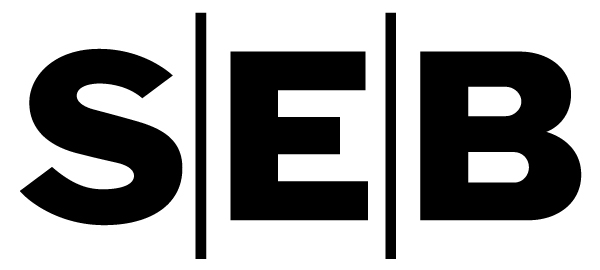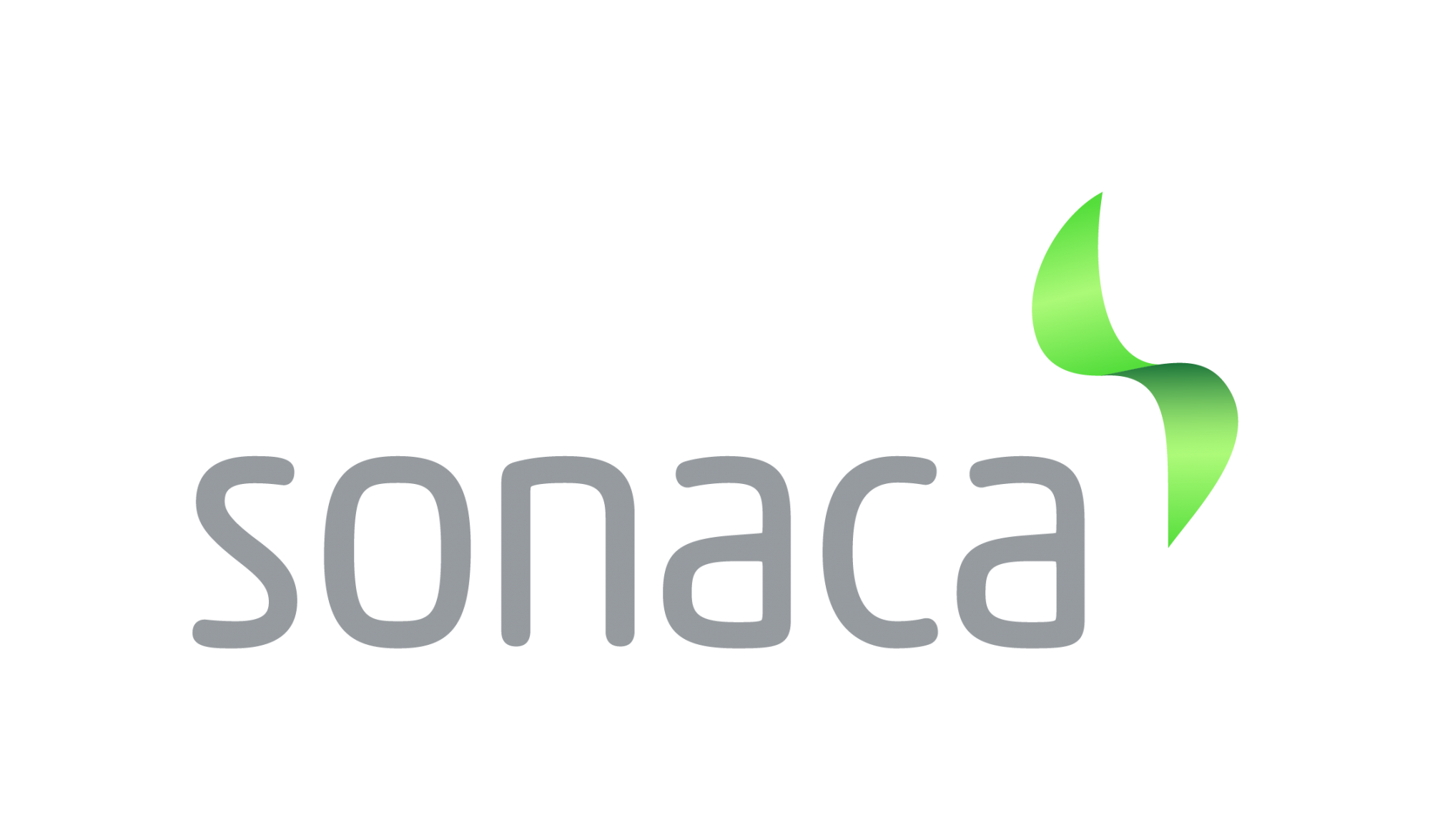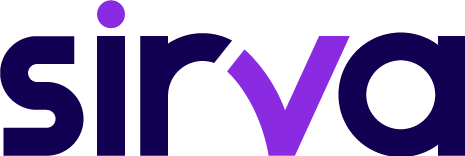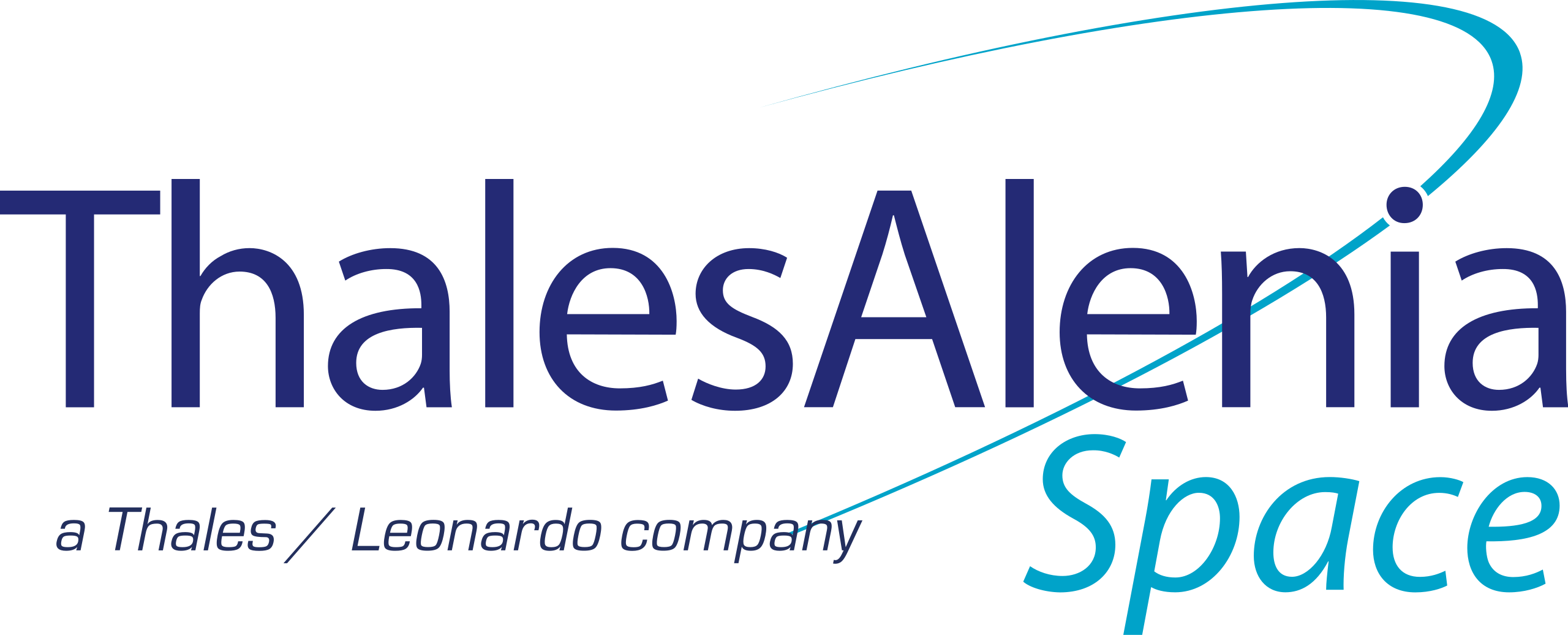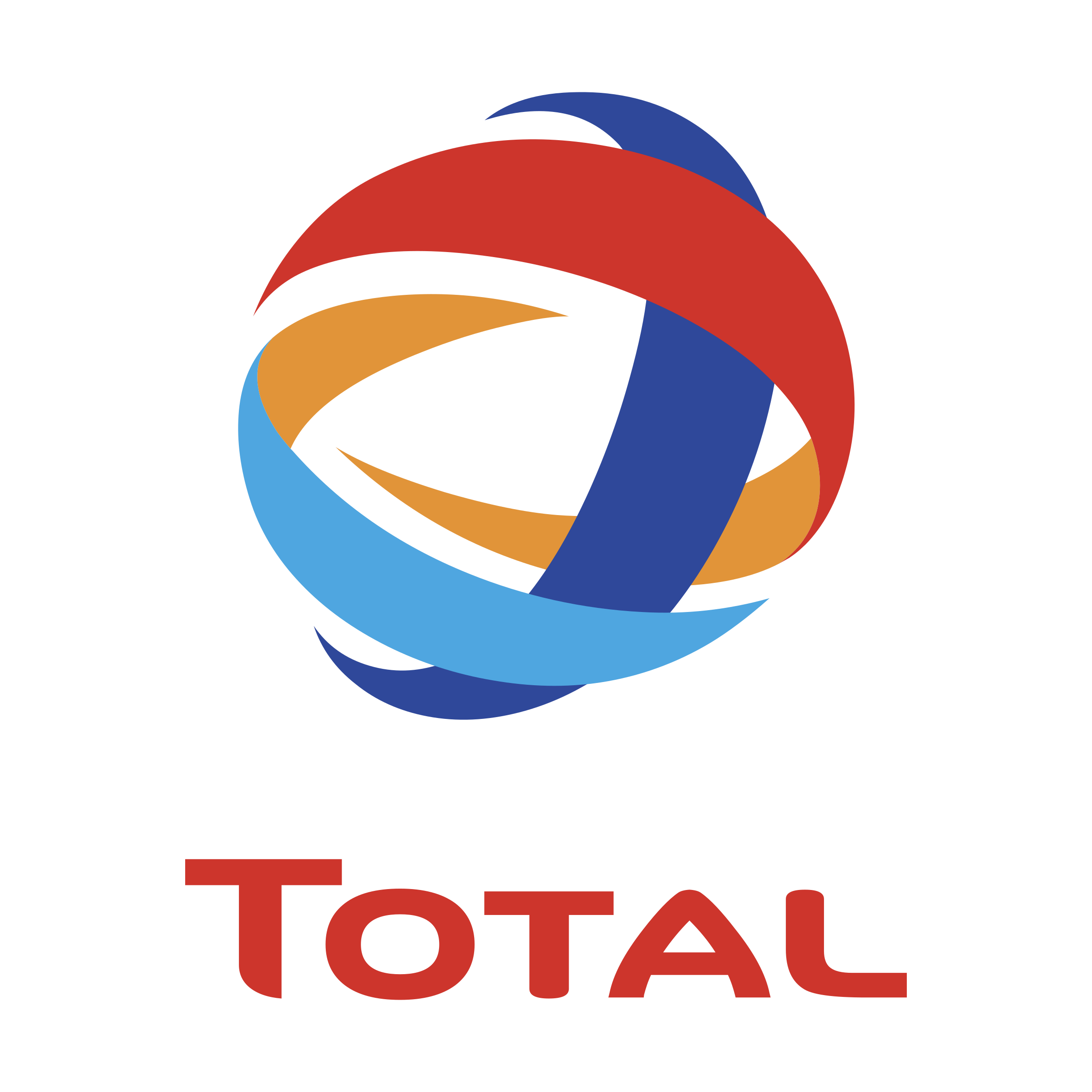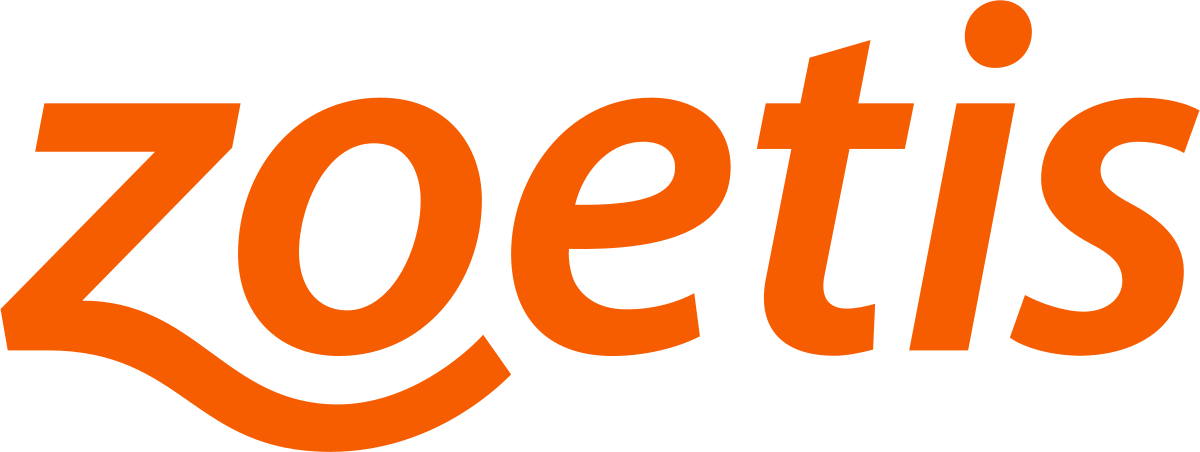Language courses for businesses

TURN LANGUAGES INTO YOUR STRENGTH
At Call International, we understand the importance of high-quality multilingual communication for businesses.
Our Corporate service provides personalized support for employees, managers, and executives, enabling them to work more confidently and effectively in their various roles, while also positively impacting workplace well-being.
Investing in professional language training can also enhance the effectiveness of intercultural communication. Discover how.
These testimonials, though anonymous, are part of the feedback from business leaders during the Cert'Up customer satisfaction survey conducted by Qfor in 2024.
IN WHICH PROFESSIONAL CONTEXTS CAN CALL INTERNATIONAL ASSIST YOU?
Our language programs are tailored to your specific needs and provide direct support for your teams in their daily tasks. This includes targeted training on: greeting customers, public speaking, writing emails and reports, leading meetings and interviews, sales prospecting by phone or during meetings, and the art of negotiating in a foreign language— all perfectly adapted to your industry.
We offer a wide range of options customized to the needs of your company and the profile of the participants:

94% OVERALL SATISFACTION
FAST ACTION AND TANGIBLE RESULTS
Call International’s methodology is designed to achieve concrete results in a short period. The training programs are organized based on the objectives they need to meet, from creating your action plan to the final evaluation of participants and your return on investment.
To ensure maximum control over the parameters linked to the success of our language training, we perform quality checks throughout the process (attendance sheet, quick evaluation, interim evaluation with feedback, phone call, final evaluation, final report). In addition to assessing their language level, we take time to identify our learners’ profiles using a detailed questionnaire because the more personalized the service we provide, the more successful they are.
Thanks to this solid, customized approach, Call International achieves an overall customer satisfaction rate of 94%, regardless of company size.
CERTIFICATIONS IN YOUR FAVOR
Call International is recognized by various sector funds, the Brussels and Walloon regions, and the CertUp organization (Qfor label). This provides access to subsidies and helps reduce your continuing education budgets. This financial support includes various schemes such as training vouchers.

THE “3 STEPS UP” METHOD:
AS SIMPLE AND EFFECTIVE AS A, B, C.
This method was developed by our experts to promote rapid language acquisition in adults. By mimicking and enhancing the natural learning process with innovative tools, this teaching method, inspired by neuroscience, encourages the acquisition of new behaviors (both verbal and non-verbal) in a dynamic and contextual manner, depending on the learner’s functioning style and level. The days of boring workbooks and passive learning methods are over. The result is accelerated training that can be directly applied and quickly pays off.
THEY HAVE PUT THEIR TRUST IN US




